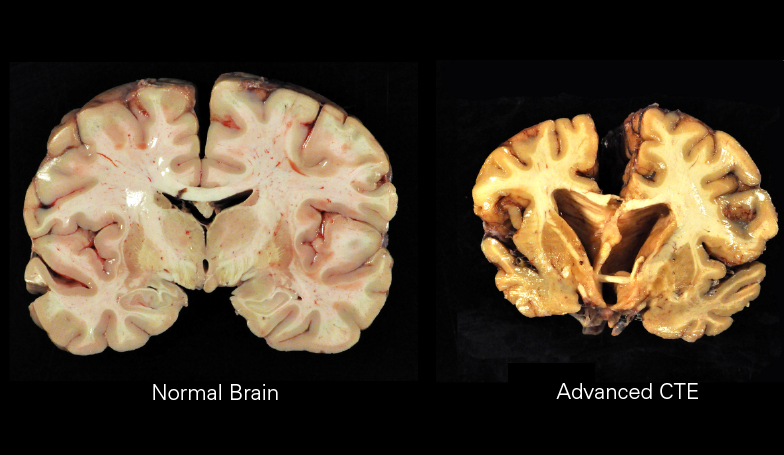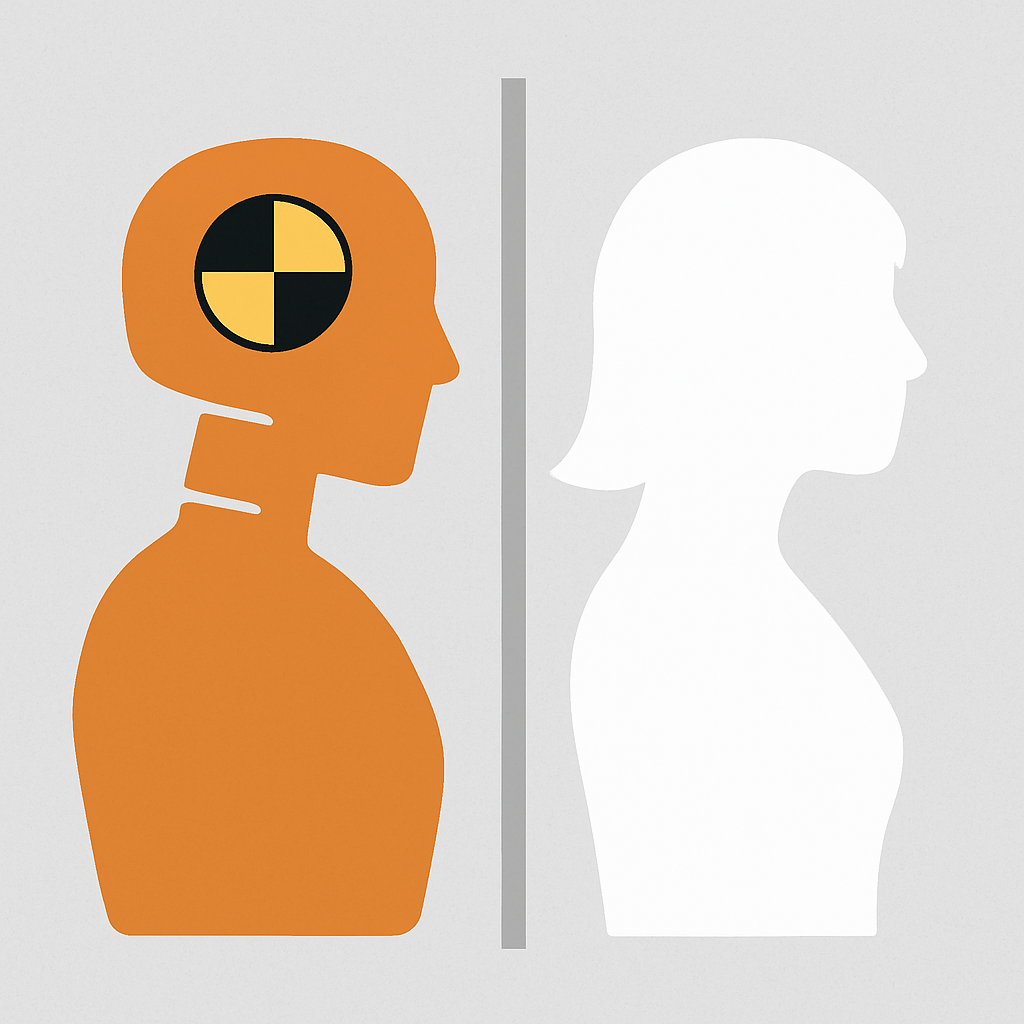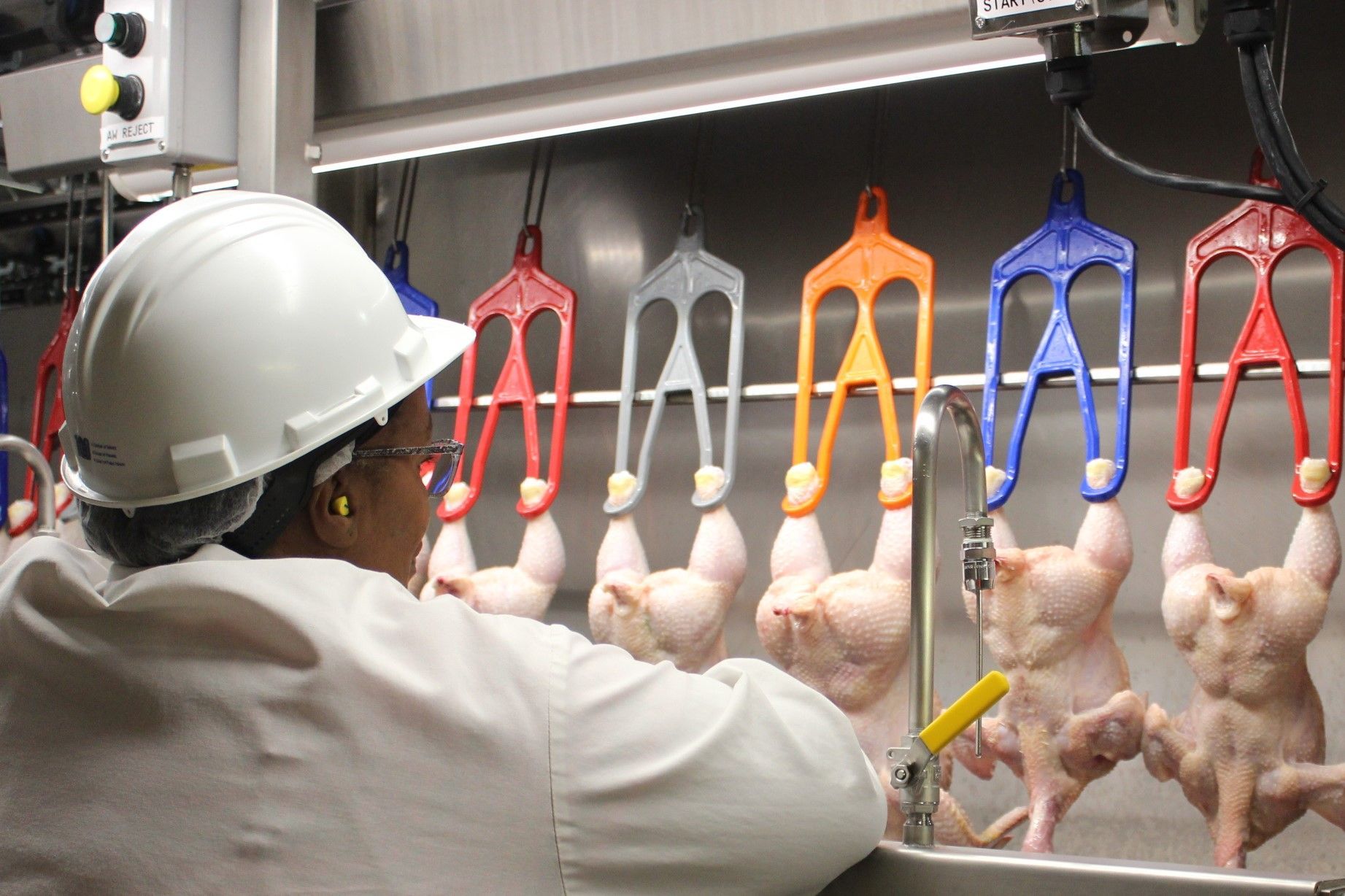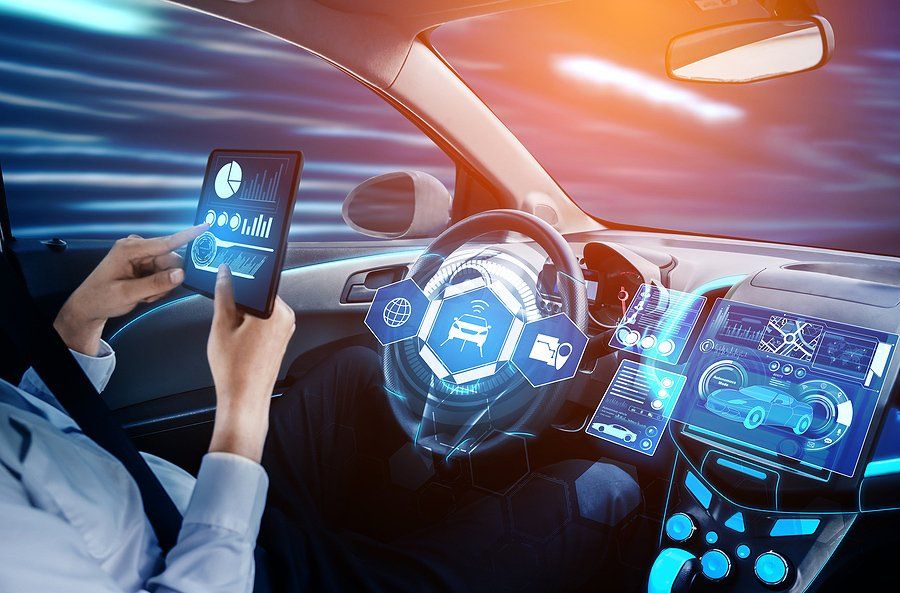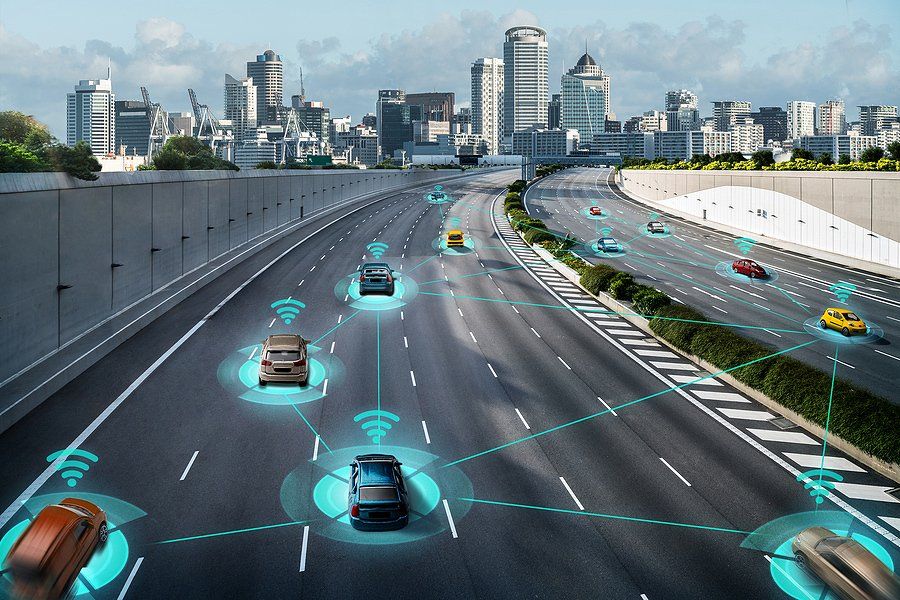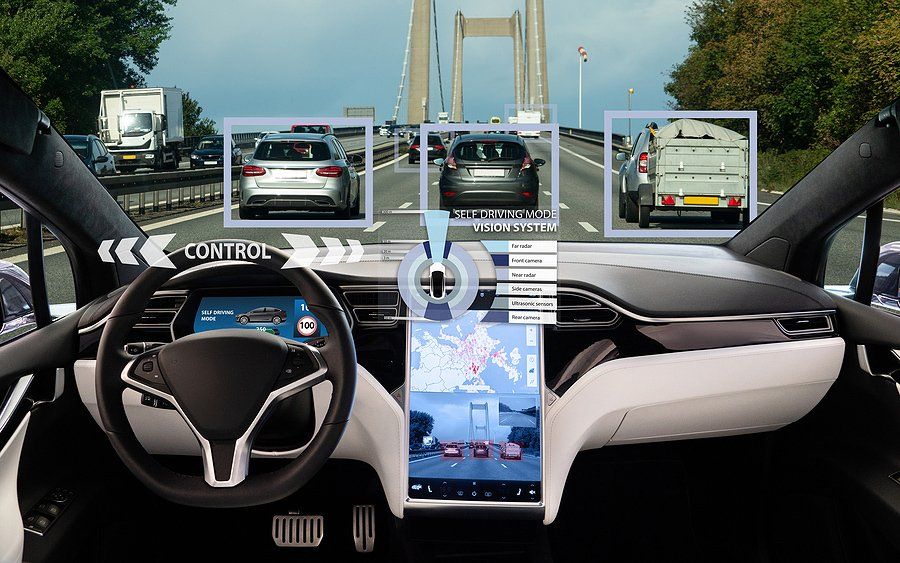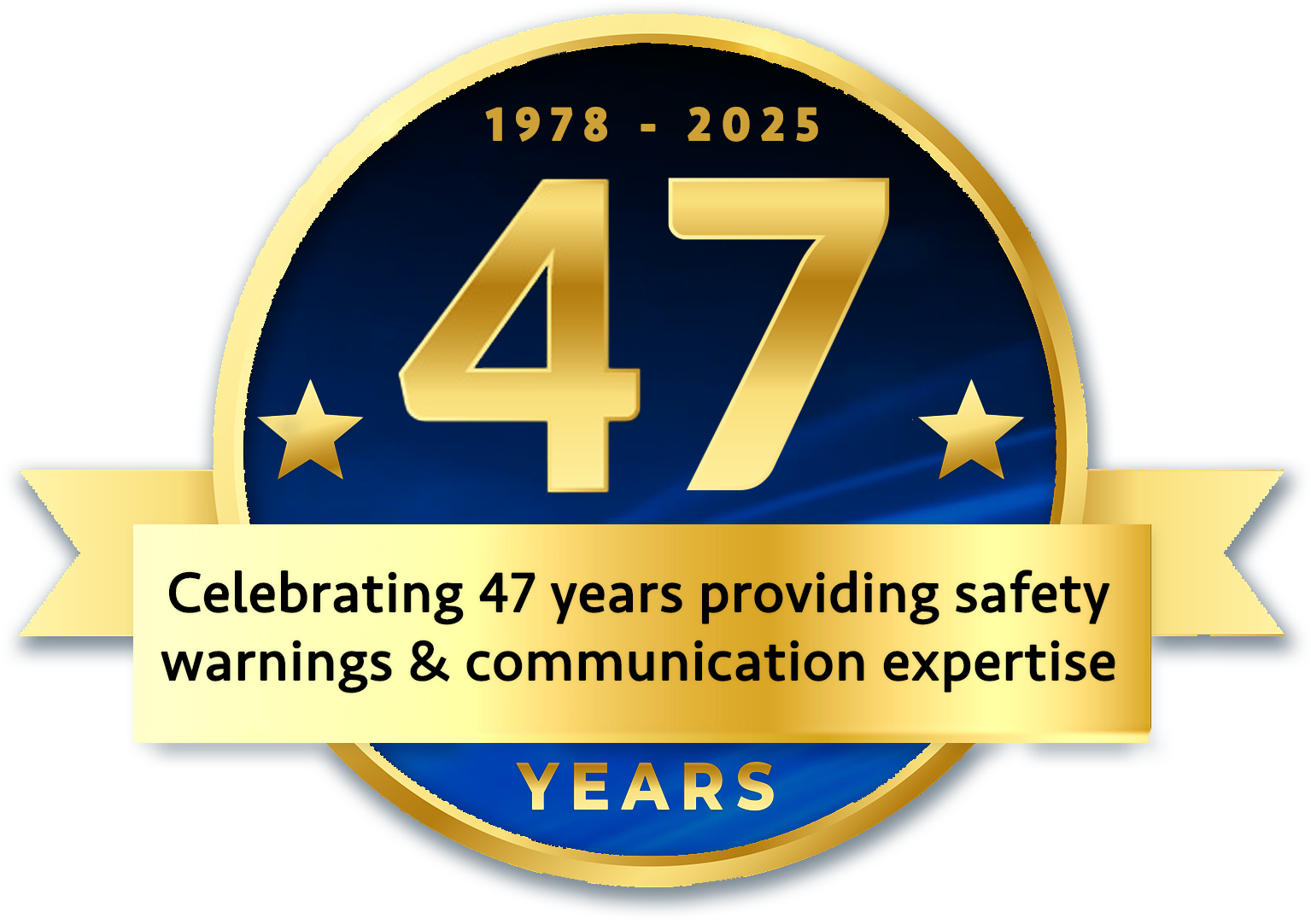SHOULD AUTONOMOUS CARS COME WITH WARNINGS?
Apparently the American people are just fine with this. According to a new Brookings Institution survey, 61% of adult Americans stated that they would not feel comfortable riding in a self-driving car, 52% believe that autonomous vehicles still actually require some level of human control and 75% would much rather drive a car than ride in an autonomous car and want Congress to try and put the brakes on driverless cars.
Maybe these statistics were impacted by news from Uber, who until 2020, had been committed to developing a fleet of autonomous cars, but recently sold its self-driving car business to Aurora Innovation, a startup founded by the former head engineer of Google's pioneering self-driving car project. Perhaps not a coincidence, but just two years prior to Uber's decision to leave the autonomous car business, on March 18, 2018, an Uber self-driving SUV accompanied by a safety driver, Rafaela Vasquez who was streaming an episode of "The Voice" while on a road in Tempe, Arizona and was distracted for most of the time while driving, struck and killed a pedestrian, 49 year-old Elaine Herzberg while she was crossing the street, outside the crosswalk, with her bicycle. The Uber car only detected Herzberg 5.6 seconds before the impact. During their investigation of the crash, the National Transportation Safety Board (NTSB) showed that Uber's autonomous test vehicles were involved in 37 crashes 18 months prior to the Arizona incident. Apparently, Uber self-driving cars didn't know pedestrians could jaywalk. Prosecutors ruled that Uber wasn't liable for Herzberg's death, however, that didn't stop her family from suing Uber, the city of Tempe and the State of Arizona. Uber promptly settled the case while litigation against the city and state continues.
What does this mean for the future of autonomous vehicles in the United States? First and foremost, Elon Musk was wrong when he said in 2015 that "self-driving cars that can drive anywhere will be here in 2-3 years." He wasn't alone in erroneous prognosticating. In 2016, Lyft CEO John Zimmer predicted that these vehicles would "all but end car ownership by 2025"...4 years from today. The truth is that most experts today aren't sure when, if ever, individuals will be able to purchase steering-wheel free cars that drive themselves off the lot. According to a recent Wall Street Journal (WSJ) article, it will require a major breakthrough in artificial intelligence (AI), which almost no one is predicting will arrive anytime soon, in order to produce self-driving cars. Even Elon Musk may have seen the light. According to the WSJ, Musk recently tweeted, "A major part of real-world AI has to be solved to make unsupervised, generalized full self-driving work." "Translation: For a car to drive like a human, researchers have to create AI on par with one."



